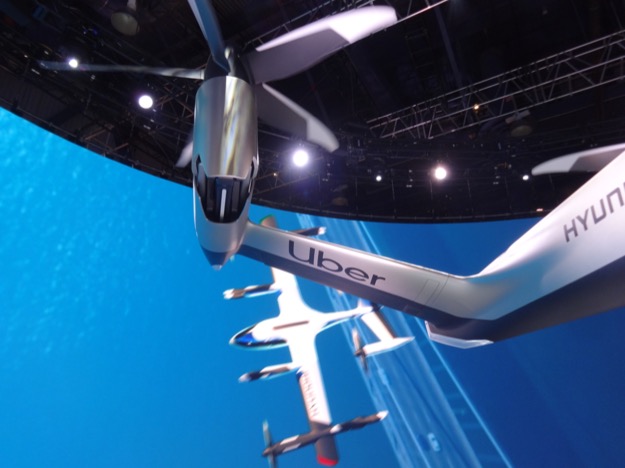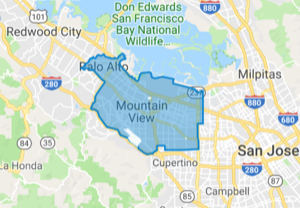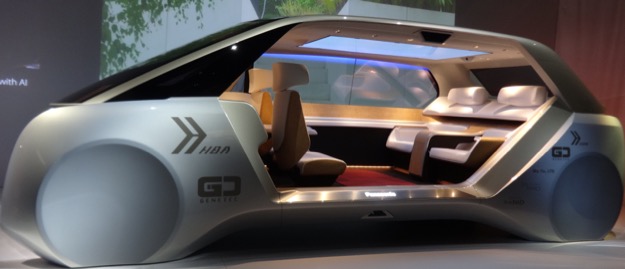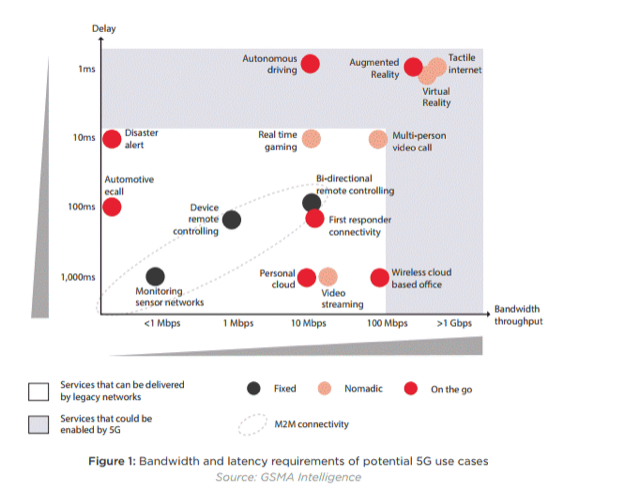FCC hands high tech a victory over low transportation bureaucracy

On Wednesday, the lame duck Federal Communications Commission reassigned 45 MHz of automotive spectrum in the crowded 5.8/5.9 GHz band for WiFi and other unlicensed uses, including transportation applications. It’s a long overdue decision – I’ve been following the debate since the Obama administration – and a welcome one for two reasons: unlicensed spectrum is the lifeblood of consumer connectivity, and it marks a victory for 21st century technology over 19th century bureaucracy and 20th century political payoffs.… More



![By Grendelkhan [CC BY-SA 4.0 (https://creativecommons.org/licenses/by-sa/4.0)], from Wikimedia Commons](https://www.tellusventure.com/images/2018/10/waymo_car.jpg)



![By Quinn Dombrowski [CC BY-SA 2.0 (https://creativecommons.org/licenses/by-sa/2.0)], via Wikimedia Commons](https://www.tellusventure.com/images/2018/5/lyft_moustache.jpg)